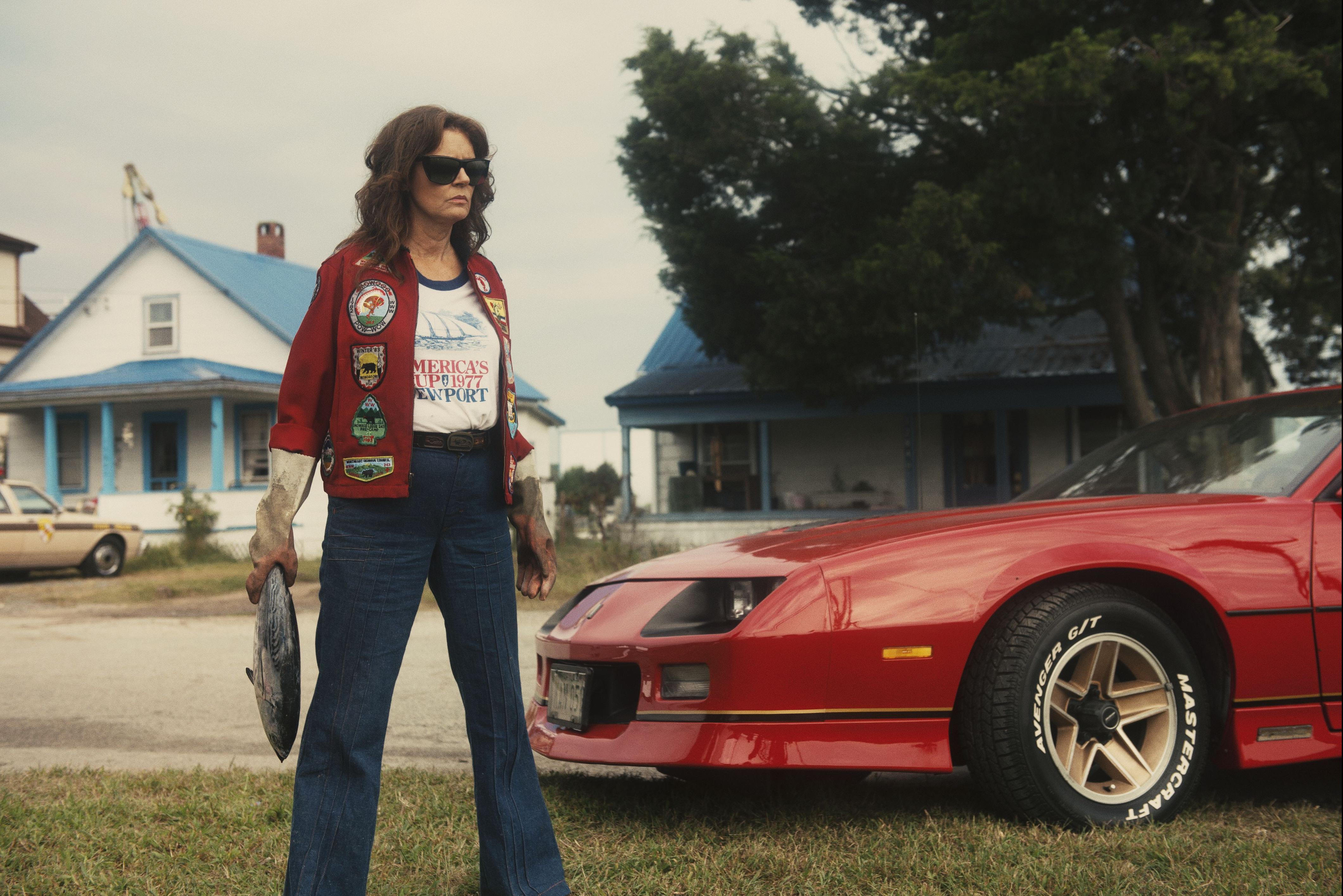Ping Pong Summer
Runs Fri., June 6–Thurs., June 12 at Northwest Film Forum. Not rated. 92 minutes.
I get my 1980s nostalgia pure and firsthand, it being a formative decade for me. I don’t need those years presented as kitsch or in air quotes, and Michael Tully—born in 1974—takes an entirely straight, non-ironic approach to the summer of 1985. His hero Radford “Rad” Miracle (Marcello Conte) wears zippered red Michael Jackson-style moon pants and practices beat-boxing in the shower. (This his mother, played by ’80s icon Lea Thompson, mistakes for jerking off.) He’s an earnest, friendly, innocent dork who’s taken with his family to the Delaware shore for the Miracles’ annual summer holiday. (The sister’s a Goth, the father’s a cop with an unexplained Scottish accent—played by John Hannah of Four Weddings and a Funeral.) According to ’80s formula—and Ping Pong Summer is scrupulously formulaic and layered in period detail—this vacation will provide Rad with a new best friend, his first crush, an unexpected mentor (Susan Sarandon), and a sneering villain to defeat in the table-tennis finale.
Tully, a former online film critic, is finicky about this ersatz recreation, shot in vintage super-16 mm format, as some ’80s cheapies were, too. This is the place and time of his youth, so the era’s Air Jordans, besloganed T-shirts, guys in crop-tops, feathered hair, and blue eyeshadow all feel authentic. In his press notes, Tully writes, “I didn’t want to make a ‘throwback’ or ‘ode’ to ’80s movies. I wanted to make an actual ’80s movie.”He’s succeeded in that strict regard, but therein lies the film’s literalistic limitation. It doesn’t wink at the audience—unlike, say, Napoleon Dynamite—for easy laughs. It doesn’t update any Reagan-era conventions. It samples a few radio hits (anyone remember John Cafferty & The Beaver Brown Band’s “Tough All Over”?), but even the score is meticulously constructed to sound 30 years old.
To anyone born in the past 30 years, Ping Pong Summer will seem unfunny, flat, and uninflected, the antithesis of the knowingly 1981-set Wet Hot American Summer (released in 2001, with a sequel presently being discussed). To anyone who, like Tully, remembers 1985 in such detail, the whole project becomes a weird simulacrum—not conceptual art, but some sort of invented memory. When Gus Van Sant did his shot-for-shot Psycho redo, there was maybe a point—a commentary on a great movie, to see if it could survive updating for a new generation. Ping Pong Summer isn’t so meta as that; it simply plays like some dumb, corny movie you didn’t see in the ’80s, but a movie you plausibly might’ve seen. Rad it is not.
bmiller@seattleweekly.com








